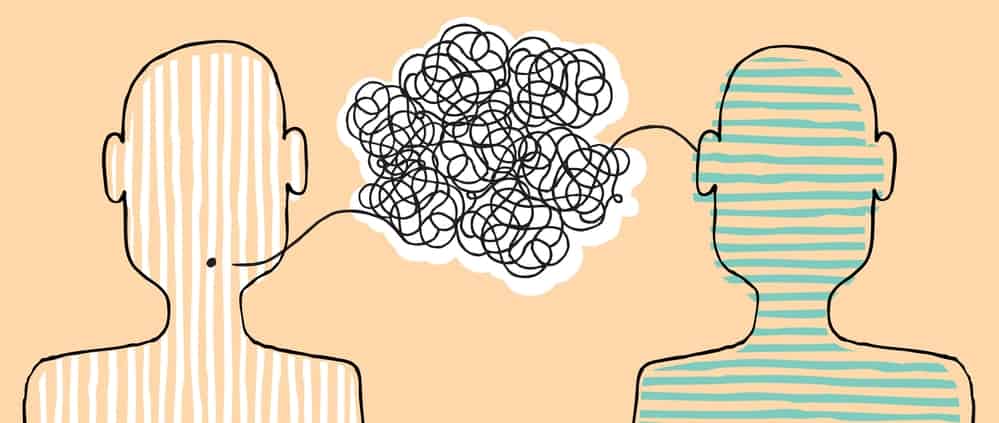Good Communication Tips for Hearing Loss
So often, I speak with parents who have a child with hearing loss or loved ones helping their aging mother learn to hear at her best with hearing aids. But today, I’d like to have a different conversation with you as a person with hearing loss. How can you communicate more effectively with the hearing people around you? I’ve been working with families for decades here in the Mid-South, and here are my communication tips for hearing loss.
1. Don’t try to fake it.
Be honest with your loved ones, friends, grocery store clerks, coworkers, boss, etc. Trying to bluff your way through conversations by “reading between the lines” will only lead to confusion and misunderstanding. Using these communication tips for hearing loss will typically increase understanding and reduce the frustration we feel when misunderstandings happen.
2. Speak with others about your communication needs.
You don’t have to give a long explanation every time you meet someone. But for people who you may be around more, take a little time to express your needs.
- “It helps if you face me when you’re speaking with me.”
- “If you say my name before addressing me in a group, I’ll know you’re talking to me.”
- “Can we turn the TV down? I can’t hear you very well with background noise and want to give you my full attention.”
- “While we’re watching a movie, can we not talk very much? I enjoy all of the story details.”
3. Provide constructive feedback on the communication tips for hearing loss you asked them to use with you.
Even if you communicate your needs, nobody’s perfect. They may forget. So politely but confidently remind them. It’s OK to create a dialogue where you can provide constructive feedback about how well they’re communicating with you.
4. Get assistive technology.
I am amazed by how far hearing aids have come in the past several years. There are Bluetooth hearing aids that connect to devices. They can be fit by a professional to match your unique hearing profile, so you hear at your best. They can even reduce tinnitus symptoms.
5. Keep your hearing aids and phone charged.
Usually, you’ll charge your hearing aids every night while you sleep. That way, they’re ready for you the next morning. Make it a habit so you never wake up in a situation where you’re struggling to hear.
6. Ask people you spend time with to wear a clear mask.
We may not be wearing masks forever. But masks do help slow the spread of flu and other viruses and bacteria, so some people may choose to wear them from time to time, even after the pandemic is over.
Almost everyone, including those with hearing loss, reads lips and facial expressions to some extent to understand what people are saying, so clear masks can help. Ask your friends, coworkers, family to get clear masks. Remember, they’re doing this for you. So you could even gift them one if you think they’ll wear it.
7. Say what you think you heard.
This can be one of the most effective communication tips for hearing loss. I know that people who have hearing loss often get tired of saying, “What?” or “Can you repeat that?” This can also frustrate the hearing person you’re communicating with if you need to do it a lot. An alternative that can mix things up is to say what you think you heard and let them correct you if needed. And of course, hearing aids can reduce your need for repeating or clarification. So if you haven’t already, be sure to contact my office to schedule time to see me and discuss your hearing aid options.



